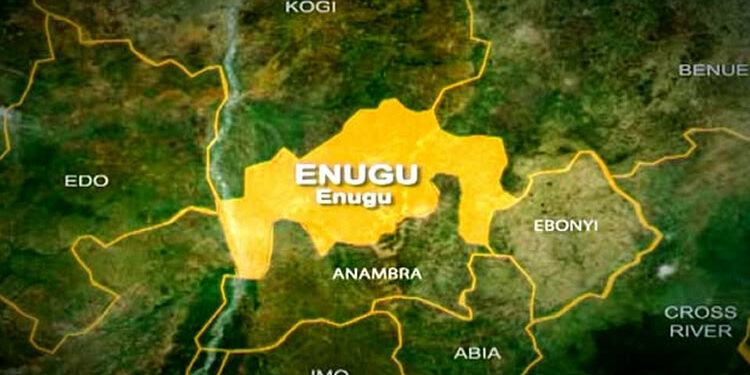Enugu State Government is set to enforce the payment of land use charges on a massive scale, targeting 800,000 houses, including ancestral homes in various communities.
According to The PUNCH, this initiative, announced by the Chairman of the Enugu State Internal Revenue Service, Mr. Ekene Nnamani, aims to achieve the state’s N20 billion revenue target from land use charges in 2024.
The enforcement, slated to begin on June 1, 2024, underscores the government’s commitment to boosting its internally generated revenue, with land and property taxes being key revenue sources.
Nnamani emphasized that this drive aligns with Governor Peter Mbah’s government’s disruptive innovation agenda, which seeks to transform the state.
As part of its efforts, the government has automated the Land Use Act charges, demonstrating its dedication to meeting its revenue objectives.
“Enugu State Government has automated land use charge in the state. Through the Geographic Information System, we have been able to identify 800,000 properties in the state.
“Every property owner in both the metropolis and villages is required to pay land use charges to enable the government to carry out its developmental plans for the citizens. These fees are dependent on the value of the land and where it is located. It ranges from as low as N15,000 to N300,000,” he noted.
He noted that even owners of ancestral homes were required to pay land use charges, emphasizing that residents in rural areas were also benefiting from the dividends of democracy, including access to schools, healthcare services, and other social amenities.
“The charges are in different categories, and are charged per plot of land. The houses occupying two plots of land will pay for two plots.
“So, in line with the disruptive innovation promise of Governor Peter Mbah, the service has been able to use the GIS to identify property in the state. Land Use law of 2016 says that every property owner in the state must pay charges and it is paid to the Enugu State Internal Revenue Service,” Nnamani added.
The chairman called on residents to cooperate with the service by fulfilling their obligations to avoid sanctions.
He emphasized that no responsible government could achieve its transformational goals without the citizenry fulfilling their obligations, such as paying taxes.













